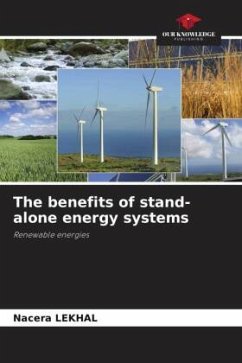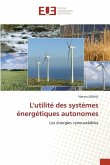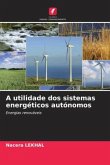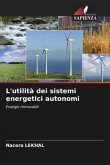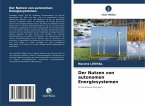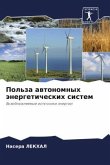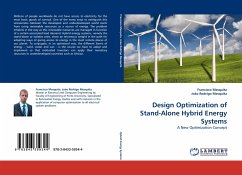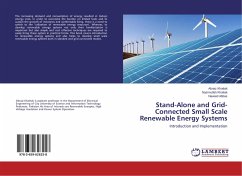Today, 74% of the world's energy is produced from fossil fuels (oil, coal and gas), 20% from renewable energies (hydro, biomass, solar, wind) and 6% from nuclear power. Numerous studies on the depletion of fossil resources converge on the following result: the quantity of fossil energy available will diminish by 2010-2020, and will be exhausted before the end of this century. Our energy future must be based on nuclear and renewable energies, and today's nuclear power generation boasts very high power density and environmental advantages in terms of CO2 emissions. However, nuclear power has a number of drawbacks: the difficulty of reprocessing waste and buildings, its environmental impact, safety issues and the fact that its fuel is non-renewable (estimated depletion of uranium 235 by the end of the century). Although it is difficult to imagine eliminating this energy solution, it is preferable to limit it to its lowest level of necessity.
Bitte wählen Sie Ihr Anliegen aus.
Rechnungen
Retourenschein anfordern
Bestellstatus
Storno

